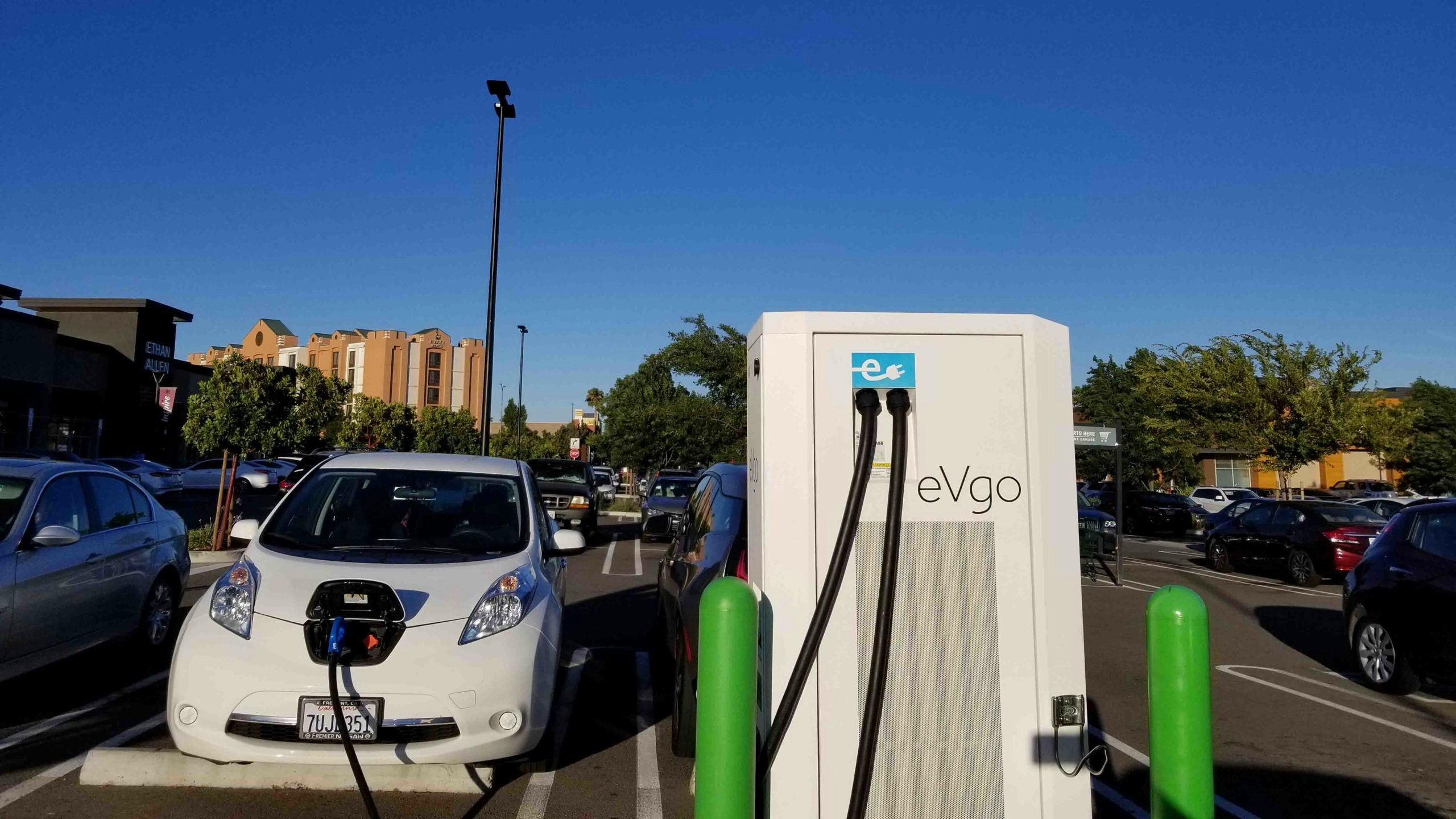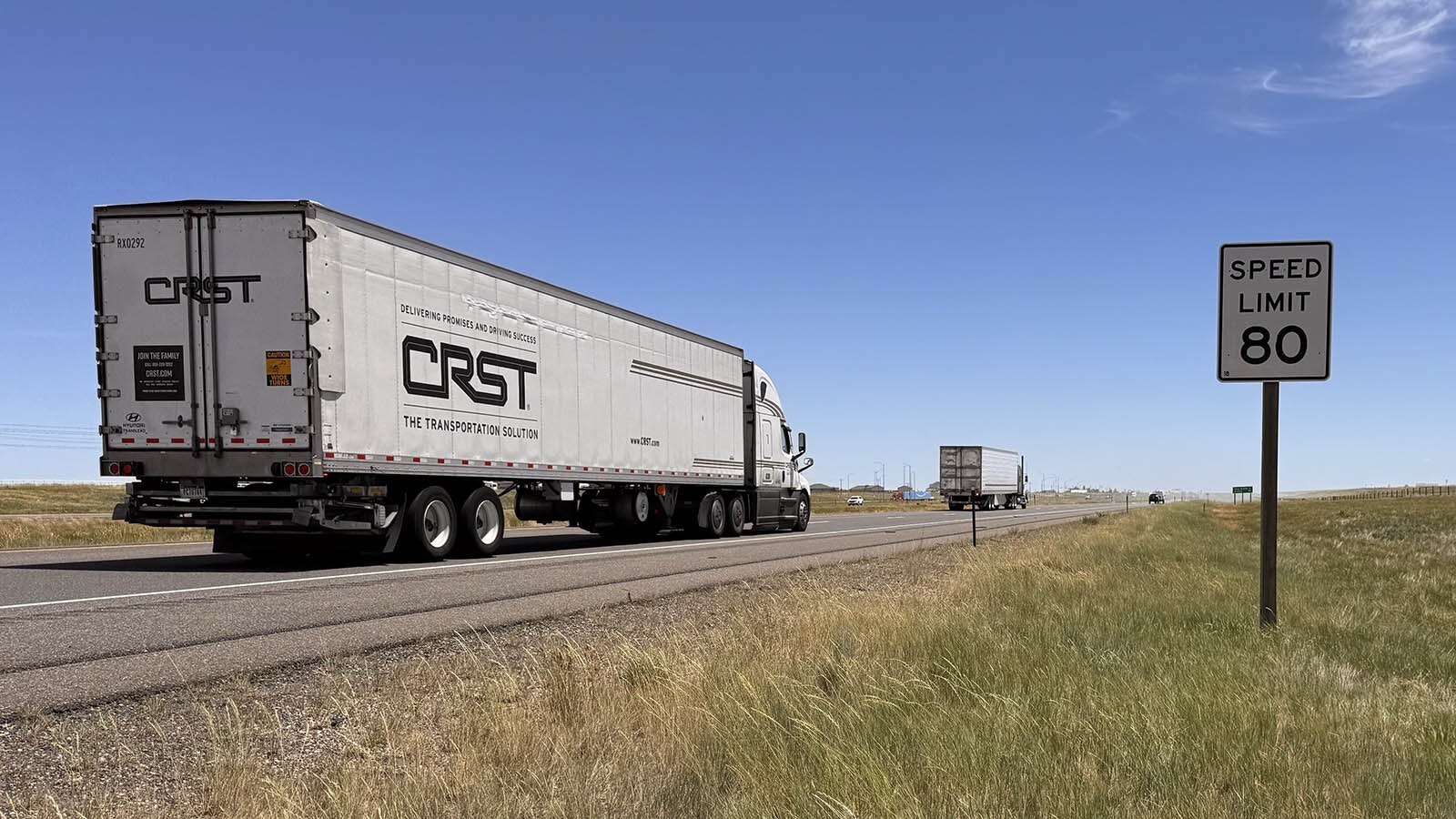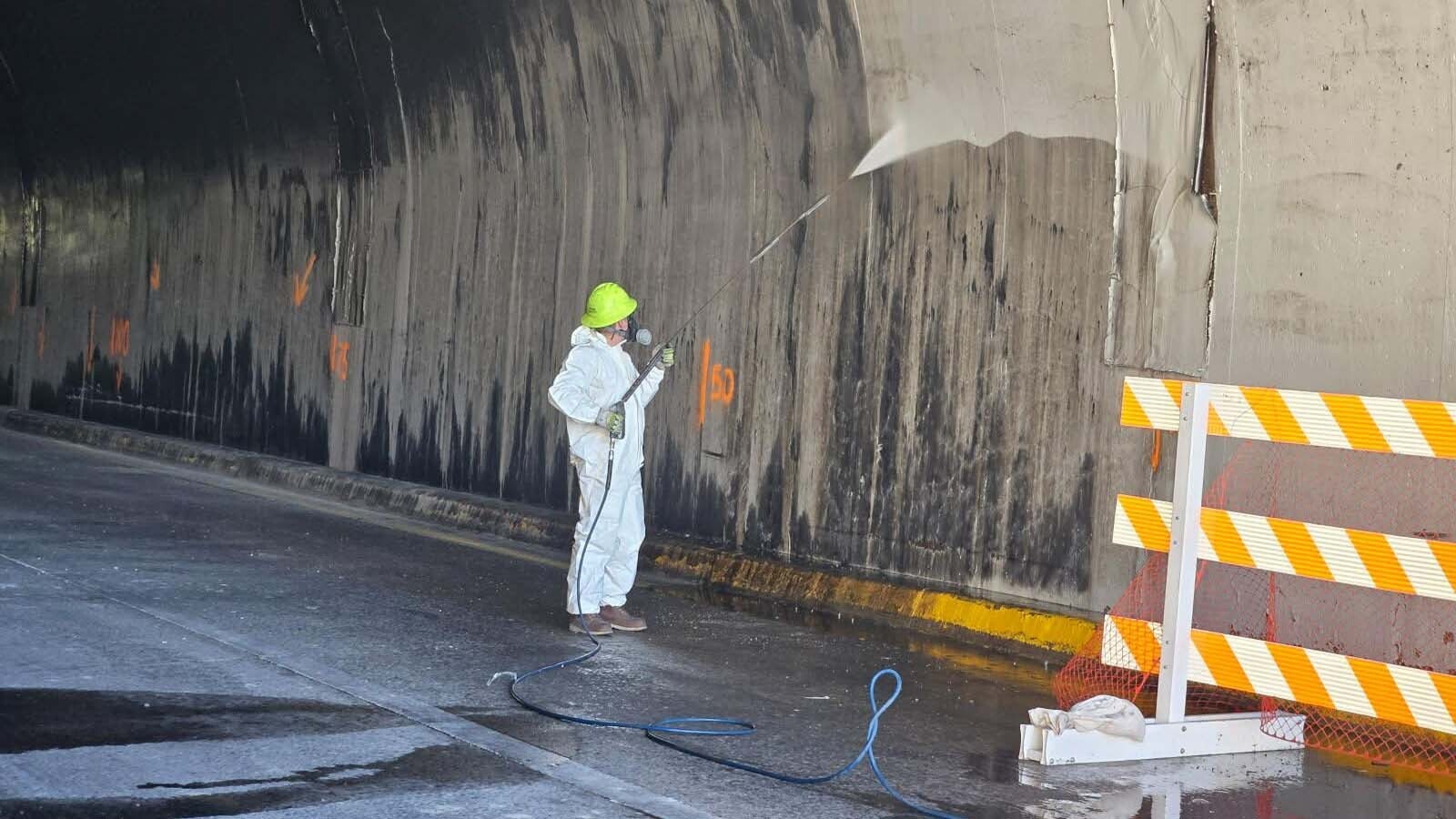State officials are working on a plan to use federal money to encourage private companies to build a network of high-speed electric vehicle recharging stations along the state’s interstate highways.
Over the next two weeks, the Wyoming Department of Transportation will collect public input during a series of public meetings on its “Zero Emission Vehicle Strategy,” which lays out a plan to use about $25 million in federal Infrastructure, Investment and Jobs Act money to provide incentives for private companies to build the stations.
Although Wyoming has one of the lowest ownership rates for electric vehicles in the nation, it needs to build up its infrastructure for the vehicles to provide for the needs of those traveling to or through the state, said Luke Reiner, director of WYDOT.
“The focus is on the electric vehicles being purchased by people around the nation who we know want to come to Wyoming as tourists,” he told Cowboy State Daily on Wednesday. “We want to make sure the infrastructure exists to get them from Point A to Point B.”
According to a draft study prepared on the plan, there are 456 registered electric cars and light trucks in Wyoming, along with 11 electric motorcycles or multi-purpose vehicles in the state. That amounts to less than one-tenth of 1% of the more than 653,000 non-commercial vehicles in the state.
Of the electric cars in the state, 360 are Teslas, which have a specialized charging network that cannot be used by other brands of vehicles. Other than Tesla charging stations, Wyoming has only one charging station for cars in Jackson and one for motorcycles in Cheyenne.
“I believe we have the fewest of any state,” Reiner said.
The low numbers contribute to challenges Wyoming faces in making sure it can convince companies to build and maintain charging stations along the interstates, according to the draft version of the department’s report.
“These challenges will make it difficult for any business to develop, install, operate and maintain (zero emission vehicle) infrastructures during this nascent time when the technology does not enjoy widespread use,” it said.
Other possible obstacles include power and internet needs that will have to be met for the charging stations.
The plan calls for the state, using the federal money, to coordinate and encourage the construction and operation of the stations, which federal rules require to be built at 50-mile intervals along Interstates 80, 25 and 90 at locations other than rest stops.
“We’re not building or owning the stations,” said DOT spokesman Doug McGee. “It will be just like (gas stations), they will be built and serviced by private companies.”
Once built, the owners will charge a fee for the use of the stations, much like gas at a service station.
Standard recharging systems, such as those running off of a home’s electrical systems, can take up to eight hours to recharge an electric vehicle’s batteries.
But when the department issues requests for proposals from companies interested in building the stations along the interstate highways, it will ask for high-speed charging stations, which use from 50 kilowatts to 350 kilowatts in the process to charge a car in less than one hour, Reiner said.
“As we talk about electrifying the roads, we’ve got to start talking the fast chargers,” he said. “We want the experience of charging your car to emulate what it takes to put gas or diesel into our cars.”
Ideally, Reiner said he would like to see stations offer four charging outlets, two at 350 kilowatts and two at 150 kilowatts.
Despite some of the difficulties in building the stations, such as providing internet service and power to the sites, Reiner said he expected companies to step up with proposals.
“The American entrepreneur has historically carried the day and I suspect that will be the case here,” he said. “We know people will want to come here and I think my sense is that the industry will rise to the challenge.”
After the public meetings on the plan, which are to be held April 4 through 12 at nine communities, the department will submit its plan for approval to federal officials in June or July, Reiner said. He added he hopes the department can issue requests for proposals by this fall and that construction on the stations might begin in 2023 or 2024.
“There is currently a requirement that says all the devices have to be built in America,” he said. “There’s only one company (producing charging stations). It’s going to be a supply chain issue.”
The public meetings will be held in Cheyenne on April 4, Casper and Cody on April 5, Riverton on April 6, Jackson and Rock Springs on April 7, Rawlins on April 8, Gillette on April 11 and Sheridan on April 12.
For a full listing of the meetings, visit: https://www.dot.state.wy.us/news/wydot-announces-strategy-for-national-electric-vehicle-infrastructure





